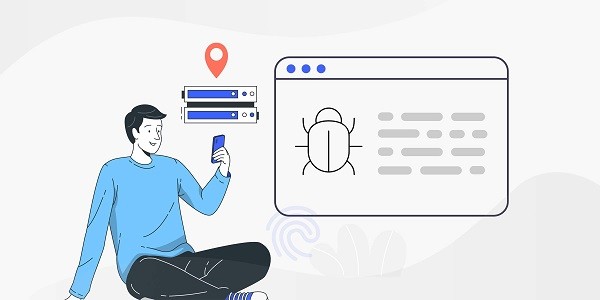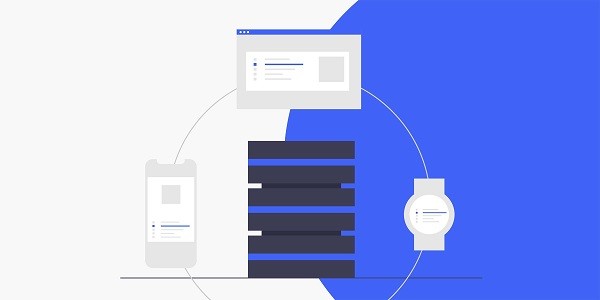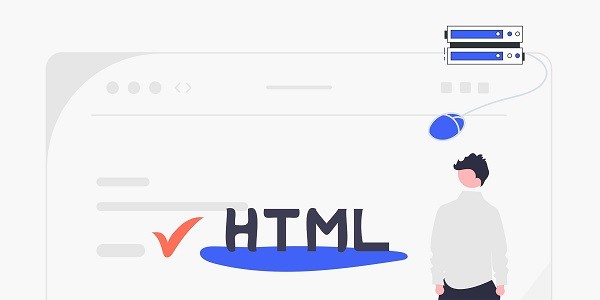Explore how dataset news articles revolutionize data collection methods. IP2world's high-quality proxy IP provides stable support for large-scale data acquisition, helping companies to efficiently respond to information challenges. What is Dataset News Articles?Dataset News Articles refers to news data sets that are captured and structured and stored from public channels such as news websites, blogs, and social media through automated technology. Such data sets usually contain fields such as title, text, release time, author, and keywords, and are widely used in public opinion analysis, market research, and machine learning model training. For organizations that need to obtain public information on a large scale, how to efficiently and stably collect such data has become a key challenge. IP2world's proxy IP service provides a dynamic IP resource pool to help users bypass anti-crawler mechanisms and achieve sustainable data collection. How does Dataset News Articles change the traditional way of data collection?Traditional data collection relies on manual search or simple crawler tools, which are inefficient and susceptible to IP blocking. With the explosive growth of news data, companies need real-time information covering more languages and wider regions, which places higher demands on the concurrency and stability of data collection.Through the distributed proxy IP network, users can simulate the access behavior of real users in different regions around the world to avoid triggering the security mechanism of the target website. For example, dynamic residential proxies frequently change IP addresses to make data collection behavior closer to human natural browsing patterns, thereby reducing the risk of being blocked. How to improve data quality and scale simultaneously?High-quality Dataset News Articles must meet three important factors: completeness (covering all relevant pages in the target field), accuracy (excluding duplicate and interfering information), and timeliness (real-time or near real-time updates).Static ISP proxies provide fixed IP addresses and are suitable for scenarios that require long-term stable connections, such as continuously monitoring updates to specific news sources; exclusive data center proxies are suitable for high-concurrency requests and support crawling thousands of pages at the same time. IP2world's unlimited servers further break through bandwidth limitations and ensure efficient transmission and storage of TB-level data. What impact does the upgrade of anti-crawler technology have on data collection?Modern news websites generally use multi-layer anti-crawler strategies such as dynamic loading, verification code, and behavior analysis. A single IP or fixed access mode can easily be identified as a robot, resulting in interruption of the collection link.S5 proxy integrates SOCKS5 protocol, supports more flexible request header disguise and traffic encryption, and can effectively bypass detection based on traffic characteristics. Combined with IP2world's dynamic IP resource pool, users can intelligently switch between different IP types, such as automatically switching to unmarked residential IP when encountering a verification code, to maintain the continuity of collection tasks. How to balance data collection efficiency and compliance?Global data collection must comply with privacy regulations in different regions. For example, the EU GDPR requires data processors to clearly inform the purpose of the data. By hiding the original IP address through proxy IP services, companies can protect their identities and avoid legal disputes caused by IP exposure.IP2world's exclusive data center proxy provides pure IP resources, ensuring that each IP only serves a single customer, avoiding the problem of joint bans that may be caused by shared IPs. At the same time, its static ISP proxy supports precise geographic location positioning, making it easier for users to collect specific content that complies with regional regulations on demand. As a professional proxy IP service provider, IP2world provides a variety of high-quality proxy IP products, including dynamic residential proxy, static ISP proxy, exclusive data center proxy, S5 proxy and unlimited servers, suitable for a variety of application scenarios. If you are looking for a reliable proxy IP service, welcome to visit IP2world official website for more details.
2025-04-02









